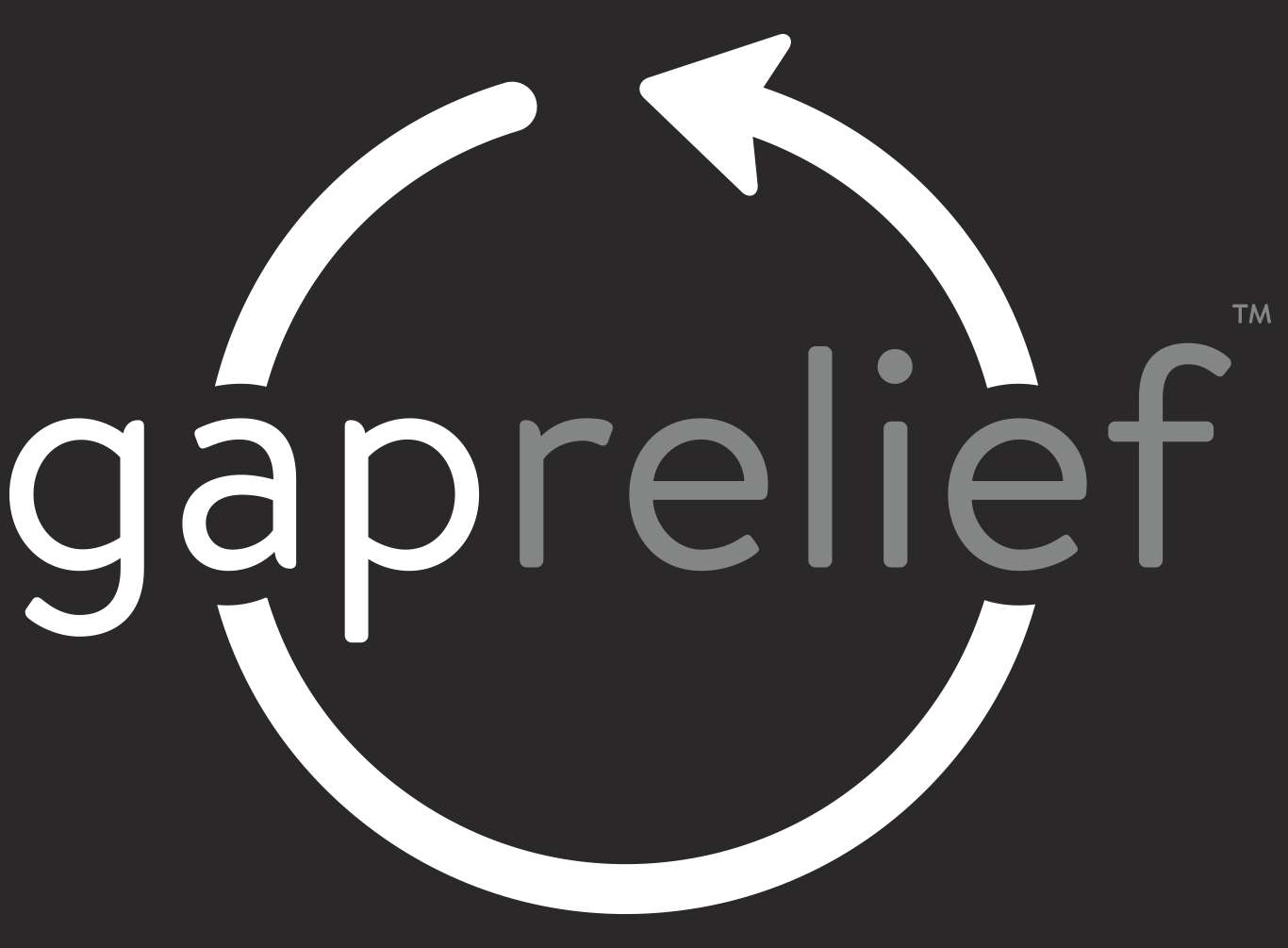Compasssion Fatigue
At our core, we are helpers to the helpers. We believe that for every person standing in the pathway of trauma to protect others, there should be a community of people behind them to hold them up. It is our honor to be part of that community.
One of the difficulties that can come along with engaging stress or trauma on the regular is the secondary traumatic stress and compassion fatigue associated with caring for those who are struggling. We see this in every sector we serve, and it is often a primary factor when considering what may lead a helper to leave their job or professional sector. In short–the impact can become too much.
If you are a helper or work in a high-stress environment, here are some ways to spot compassion fatigue when it is still on the horizon–before it gets close enough to pull you under.
Feeling hopeless toward the cause
Beginning to lack empathy for those you serve
Feeling dissociated and detached
Self-isolating and withdrawing
Becoming lethargic about things within and outside of work
Just to name a few.
This is a very brief overview, but we at Gap Relief believe that when helpers aren’t walking alone and have a community that has their backs, they can build resiliency to compassion fatigue. They can engage the resources they so desperately need in order to continue on with their mission and stay in the fight.
The absolute bravest thing you can do when standing in the gaps for others is to ask for help. To say yes to help so you can keep saying yes to hard.
So here are some quick tips when sensing that compassion fatigue is brewing:
Recognize that this experience is normal and natural. You aren’t bad or wrong for struggling. Our bodies are designed to respond a certain way to chronic stress, and this is just evidence of the hard work you are doing. Others in your shoes would find themselves in the same place.
Resist sacrificing self-care. Don’t sacrifice the things that rejuvenate and recharge you to keep going.
Breathe. Move your body. Move it separately from your work.
Set clear boundaries and Hold. To. Them.
Seek professional, trauma-informed counseling support. We at Gap Relief see you in the fire. We know what you’re going through and we also know you’re not alone. We’ve got your back.
Reach out to us anytime: info@gaprelief.com or (479)222-0663

